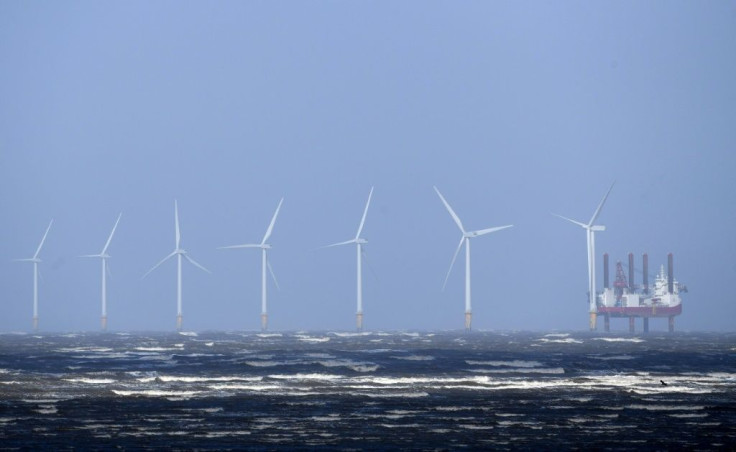Has Global Oil Demand Hit Peak? BP Says It's Possible
Global oil demand might have already peaked and will likely not stop falling for the next 30 years, hit by virus fallout and moves towards greener energy, Britain's BP predicted Monday.
At the same time, the oil cartel OPEC has revised its forecast for global demand lower this year and next for essentially the same reasons.
London-listed oil giant BP, which is seeking to achieve net zero carbon emissions by 2050, has issued three new forecast scenarios -- under which the industry would embrace green energy to varying degrees -- in its Energy Outlook 2020 report.

Under BP's two most optimistic scenarios, oil demand has already passed its peak and may never recover from the long-lasting coronavirus-induced collapse.
However, if the industry's transition to greener energy continues at the current sluggish pace, then oil demand will peak in the coming years, according to BP.
The company did predict however that the transport sector would experience sliding demand under all three scenarios, as the pandemic curtails travel and consumers increasingly switch to electric vehicles.
Yet gas is set to remain in demand, particularly as developing nations seek to switch away from high-polluting coal.

"Three features are common across those scenarios and they form a set of core beliefs as to how energy demand is likely to change over the next three decades," BP chief executive Bernard Looney said in the outlook document.
"Renewable energy will play an increasingly important role in meeting the world's growing energy needs.

"Customers will continue to redefine mobility and convenience, underpinned by the mobility revolution that is already underway combining electric vehicles, shared mobility and autonomy.
"Oil and gas -- while remaining needed for decades -- will be increasingly challenged as society shifts away from its reliance on fossil fuels."
BP had last month set out plans for a greener future for the company, whose finances and reputation were severely damaged by the Deepwater Horizon oil rig disaster in 2010.
The group, which wants to achieve net-zero carbon emissions in the next 30 years, last week entered the offshore wind market in a $1.1-billion (933-million-euro) US tie-up with Norwegian peer Equinor.
In a separate development in the global oil sector on Monday, OPEC's monthly forecast for oil demand was revised down due to weaker economic activity in several Asian countries because of the pandemic, it said.
"Risks remain elevated and skewed to the downside, particularly in relation to the development of Covid-19 infection cases and potential vaccines," the oil cartel noted.
OPEC cut its August estimate by 400,000 barrels per day (bpd), which means it now expects global demand to fall by 9.5 million bpd to 90.2 million mbpd this year.
"So far, oil demand in India, Indonesia, Thailand, and the Philippines (has) performed far poorer than initially expected," the report said.
A similar cut was applied to OPEC's forecast for 2021, though the cartel nonetheless sees demand growing next year by 6.6 mbpd to 96.9 million.
© Copyright AFP 2024. All rights reserved.





















